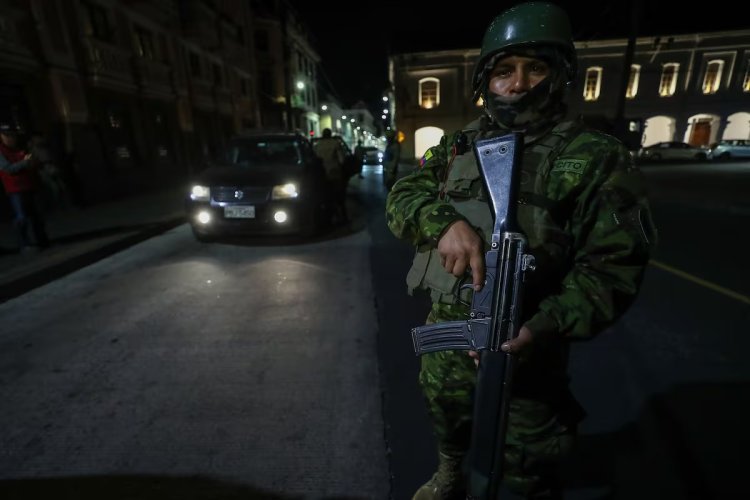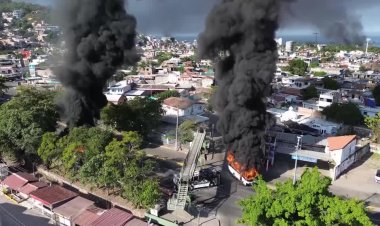Ecuador faces severe power crisis

Ecuador is facing a severe power crisis due to the country's worst drought in 61 years, compounded by inadequate maintenance of existing dams and insufficient power generation contracts. In response, the government has implemented a series of measures to address the situation.
Starting September 23, nightly power cuts will be enforced across the country from 10 p.m. to 6 a.m. local time, Monday through Thursday. The duration of this measure remains unclear. The government chose this schedule to minimize disruption to productive activities and workdays.
To address the power shortage, Ecuador requires an additional 1,000 megawatts of power to meet national demand. The government has initiated several measures, including commissioning a power ship, planning permanent land-based generators, and improving abandoned infrastructure.
The military has been deployed to support operations at major dams, including the Mazar dam, which supplies about 170 megawatts of power. Approximately 50 soldiers with technical expertise will be trained to operate the country's hydroelectric system.
To ensure public safety during the blackouts, 46,000 police officers will be mobilized nationwide, with increased patrols in high-risk areas such as roads and prisons.
Residents have expressed concerns about safety during the blackouts. Rubi Doycela mentioned rushing home and locking her family in at night due to fear of crime, while Noemi Luspa reported feeling "quite scared" during the power cuts.
The military has also been patrolling the streets of Quito following the implementation of the power cuts.
This crisis highlights Ecuador's vulnerability to extreme weather events and underscores the need for better planning and maintenance of the country's energy infrastructure. It also demonstrates the broader impacts of climate change on essential services and daily life in affected regions.















